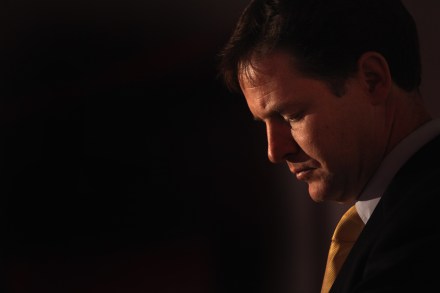The Portuguese fallout
How much are we in for? That is the question that springs most readily to mind after Portugal’s request for fiscal aid from the EU. And, sadly, the answer is difficult to work out. The figures being spread around range from £3 billion to £6 billion, with valuations in between. But, really, it depends on how much of the €80 billion package is agreed to by European finance ministers, and which lending mechanisms are used. The European Stability Fund, the EU’s emergency fund and the IMF’s pot of gold all have differing levels of UK involvement. If our country does end up making a significant contribution to any bailout package,





















